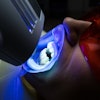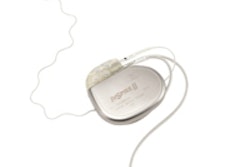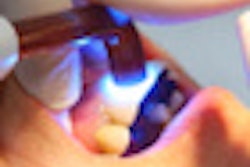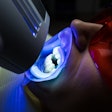A computer screening tool developed and patented by researchers from the University of Buffalo is helping to detect severe obstructive sleep apnea in patients who have not yet been diagnosed with this condition.
A study, funded by the U.S. Department of Veterans Affairs, is being conducted at the Veterans Affairs Western New York Healthcare System by Ali El Solh, MD, MPH, a professor of medicine at the UB School of Medicine and Biomedical Sciences.
The goal is to evaluate how well the computer screening tool diagnoses sleep apnea in patients with heart disease compared with an overnight sleep study (polysomnography), which is considered the gold standard for diagnosing sleep apnea.
The screening tool, which was developed by Dr. El Solh and Brydon Grant, MD, professor emeritus of medicine, diagnoses sleep apnea based on a patient's answers to questions concerning anthropomorphic and clinical characteristics, such as body mass index, neck size, and the presence of hypertension.
If it proves to be as accurate as polysomnography, then it could provide clinicians with a much faster, more accessible way to identify sleep apnea, especially in high-risk patients, Dr. El Solh said.
The study will end in December and data analysis should be complete early next year, the university noted.



















